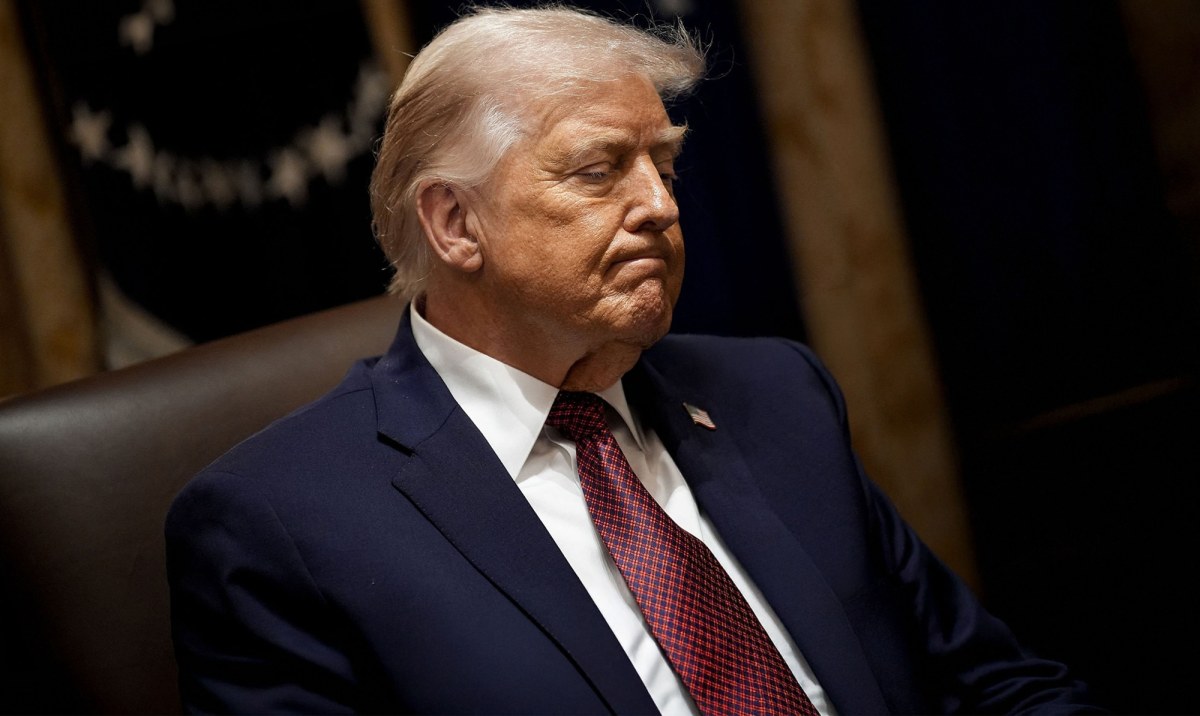That’s a big, provocative question — “the end of the British pound as a major currency.” It’s not literally disappearing tomorrow, but there are structural reasons why many analysts see sterling (GBP) weakening in its global role compared to the dollar, euro, or even newer alternatives.
Why GBP is losing ground as a “major currency”
1. Shrinking share in global reserves
- In the 1950s, the pound was still the second most important reserve currency after the USD.
- Today, it represents only about 4% of global central bank reserves, versus ~20% for the euro and ~60% for the US dollar.
- The pound is being replaced by “bigger players” because the UK economy is smaller and more volatile than it once was.
2. Relative decline of the UK economy
- UK GDP was once the world’s largest (19th century). Now it ranks ~6th–7th.
- Slower growth compared with the US, China, EU → makes GBP less attractive as a global settlement currency.
- Brexit reduced integration with the EU, hurting trade volumes and investor perception of stability.
3. Chronic current account and budget deficits
- UK runs persistent trade and current account deficits → it imports more than it exports.
- This means constant demand for foreign currencies, weakening GBP’s structural position.
- High public debt and reliance on foreign capital also erode confidence.
4. Financial sector dominance… but vulnerability
- London remains a global financial hub. This is one reason GBP still matters.
- But reliance on finance makes the pound more vulnerable to crises (2008, Brexit, mini-budget crisis in 2022).
5. Competition from other currencies
- USD: still the “world’s reserve currency” and safe haven.
- EUR: much larger currency area, widely used in trade.
- CHF, JPY: safe-haven alternatives.
- CNY (yuan): rising as China expands trade settlement in its own currency.
6. Loss of credibility moments
- The 1992 “Black Wednesday” ERM crisis → GBP crashed, UK exited the system.
- The 2022 “mini-budget crisis” under Liz Truss → GBP fell to near-parity with USD, raising questions about fiscal credibility.
- Each such shock reinforces the idea that GBP is less stable than USD or EUR.
Is it really “the end”?
- The pound is not about to vanish; it’s still one of the top 5 traded currencies globally.
- But its role is shrinking from “global pillar” to “regional important currency.”
- Think of it like the decline of the French franc or the Italian lira in the 20th century: important for a while, then overshadowed by bigger systems.
Conclusion
It’s not the literal “end” of the pound, but:
Long-term, GBP will likely play a secondary role, behind USD, EUR, and possibly CNY.
From global reserve pillar → to mid-tier currency.
Still strong enough for the UK economy, but not the global standard it once was.








